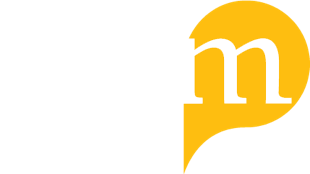S2O Publisher Profile

University of Pennsylvania Press
The University of Pennsylvania Press was originally incorporated with the Commonwealth of Pennsylvania on 26 March 1890, and the imprint of the University of Pennsylvania Press first appeared on publications in the closing decade of the nineteenth century—among the earliest such imprints in America. A member of the Association of American University Presses, the Press now publishes upwards of 130 new books and journal issues a year, with an active backlist of more than 1500 titles.
Penn is particularly well known for its books in American history, in European history and literary studies from late antiquity through the early modern period, in studio arts, and on international human rights issues. The Press has gained a leading position also in landscape architecture and garden history. By long tradition the Press has published with distinction works of contemporary ethnography, now focusing on ethnopolitical conflicts around the world. Current catalogues show more and more books in urban studies and Jewish studies. Future lists will increasingly feature books on international relations and in economics and business, disciplines that embody the ideal Ben Franklin espoused when he founded the University of Pennsylvania to provide an education that marries the theoretical with the practical.

Featured Publications
Explore All Publisher Publications
- Change Over Time
- Early American Studies: An Interdisciplinary Journal
- Eudora Welty Review
- French Forum
- Humanity: An International Journal of Human Rights, Humanitarianism, and Development
Why Subscribe to Open?
Subscribe to Open provides journal publishers with an innovative model to increase the reach and impact of their scholarly content. By adopting S2O, publishers can make that year’s journal content open access while maintaining financial stability. This model utilizes library and institutional subscriptions to support open access, guaranteeing that high-quality research is accessible to a worldwide audience.
Learn More About S20 See Full List of Participating PublishersParticipating in Subscribe to Open ensures that your journal's high-quality research reaches a global audience, advancing knowledge and promoting open access for all.



